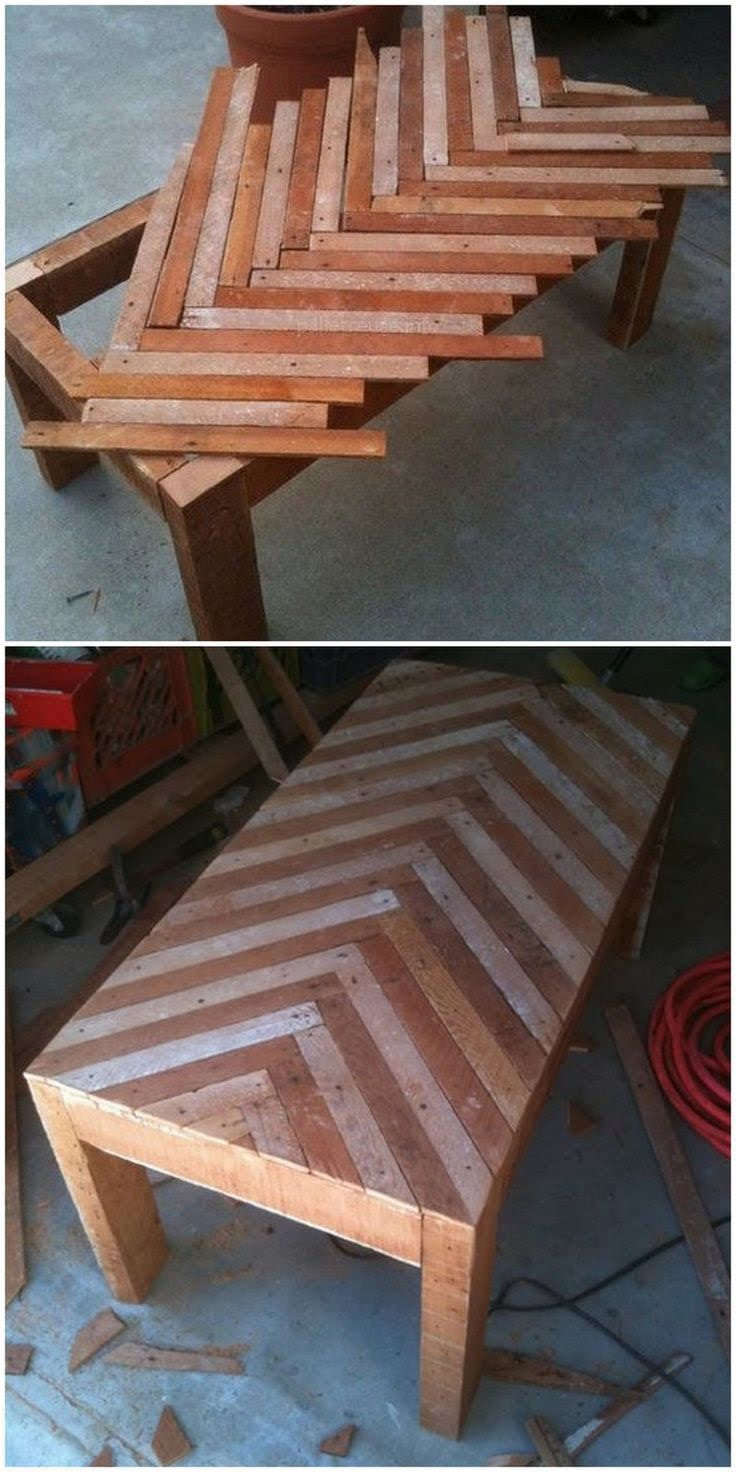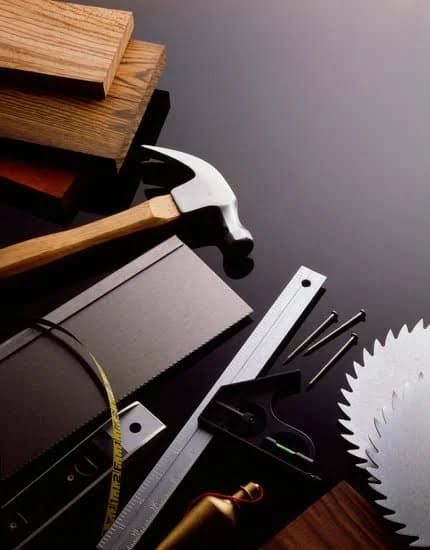Introduction
Woodworking is the practice of creating and building structures from wood. It is a craft that requires skill and use of tools to create pieces such as furniture, cabinets, toys, or anything constructed out of wood. By having the right tools and equipment in a home shop a quicker and higher quality projects can be created and finished. What follows are the most essential tools you must have in order to start your own woodworking shop.
Essential Tools
Essential Tools:
• Table saw
• Miter saw
• Circular saw
• Router and bits
• Drill and bits
• Planer
• Sander
• Nail gun and air compressor (optional)
More Advanced Tools:
• Joinery tools such as a biscuit joiner, dowel jig, tenon saw
• Planes – block, shoulder, jack, smoothing and jointing planes
• Marking systems such as mortise and tenon gauges and marking knives
• Lathe tools (optional)
• Chisels – various sizes for carving or chopping joints
• Band saw (optional but highly recommended)
Safety Measures
Safety is an essential part of woodworking and should always be a priority when operating tools and materials. When starting a woodworking shop, it is important to choose the proper safety equipment such as glasses, gloves, dust masks, and even hearing protection. Additionally, learning proper tool handling techniques help to prevent accidents. Make sure you are familiar with each piece of machinery before using it. Read manual instructions for proper use and maintenance to ensure your safety and maximize the lifespan of the machine or tool. Additionally, when working with power tools, always unplug them from their outlets before making any adjustments or repairs. Finally, it is important to keep your work surfaces clean from debris as well as any loose clothing or jewelry away from blades while they are in use. With these precautions in place, you can easily create beautiful woodworking projects safely.
Budget Considerations
If you are starting a woodworking shop on a budget, there are many ways to save money. Buying used tools is one avenue you certainly want to explore, as second-hand equipment can often be found at considerably discounted rates. Trading for items can also help stretch your hard-earned dollars if you already have some woodworking machinery and parts. Finally, simple repairs and routine maintenance can save you considerable money in the long run. A good plan for repairing broken or loose parts, regular cleaning of both machines and blades, and maintaining all moving components with light lubricants will help increase the longevity of your woodworking shop’s existing tools and improve overall performance.
Recommended Brands
When shopping for the tools you need to start a woodworking shop, it is important to stop and consider some key factors. It is important to look at warranties offered with the products, as well as their durability. This may vary from product to product and from brand to brand, so be sure to compare them against one another before making your purchase. Price is of course an important factor when buying tools, however, remember that when it comes to quality woodworking tools, spending a bit more money up front will often save you money in the long run because these tools will last longer without needing replacement.
Advanced Tools and Specialty Items
When starting a woodworking shop it is important to have the right tools in your arsenal to complete projects quickly, safely and to a high quality. It is important to get professional advice when selecting speciality tools as these items can be costly but are often essential for particular projects. Examples of specialty items are joinery saws such as dovetail, tenon or carcase saws which create wood joints easily and accurately; quality planes that will help shape joints with precision; speciality clamps and jigs that enable you to safely hold the workpiece in place while performing sharp operations; specialized blades for bandsaws and scroll saws allowing for intricate cuts; chisels for precise cutting, shaping and moulding of decorative patterns; along with other unique tools.
To find reliable guidance from experienced professionals in the woodworking industry, there are several online forums available where highly skilled craftspeople share their tips, tricks and advice about specific items or whole projects. There are also independent review websites dedicated solely to specific tool types that provide both detailed product descriptions and personal accounts on how each product has performed. Lastly, many retailers operate an “ask the expert” service where advice can be obtained either via email or over the phone before purchasing an item. Therefore with the aid of local backlots or online payments systems you will soon be able to amass your collection of hand tools and specialized machinery in your own personal workspace or workshop!
Conclusion
To properly equip a woodworking shop, you’ll need saws for cutting, drill presses for making holes, sanders for smoothing surfaces, routers for shaping and cutting profiles, clamps to hold parts together while working on them, squares and levels to ensure accuracy in your projects, screwdrivers and wrenches for fastening hardware, safety gear such as goggles and hearing protection to protect your eyes and ears while operating power tools and sharpening supplies, including stones and jigs to keep edges on your blades.
In addition to this summary of the essential tools needed to start a woodworking shop, there are dozens of other specialized pieces of equipment that could be added depending on the types of projects you intend to create. Educating yourself on the proper techniques and the best practices in woodworking is an essential part of getting started. Here are some resources suggested for further reading:
– Popular Woodworking: resource providing information about tools & projects ranging from basic carpentry knowledge & instructional articles through advanced cabinetmaking.
https://www.popularwoodworking.com/
– Also Try Wood Magazine: resource featuring tips & tricks about tools and machinery geared towards celebrating the craft through project plans suitable for all skill levels.
https://www.woodmagazine.com/
– Get Serious with Woodshop Safety Tips from the National Association of Firefighters: Offering safety advice such as staying organized so tools aren’t hung or stored where they might cause injury or cut someone sitting in a chair too close by while using them. https://www.iaff.org/safety/woodshop-safety-tips/
Finally remember that creating beautiful objects with a handsaw (and everything else) requires not only selection of quality tools but also patience, focus and commitment – resources like books (like Fine WoodWorking), tutorials online or taking classes can help make sure that you have all these components in place before attempting any more complicated work involving hazardous substances or machines which may require adapted safety measures besides those outlined above – Good luck!

Hi everyone! I’m a woodworker and blogger, and this is my woodworking blog. In my blog, I share tips and tricks for woodworkers of all skill levels, as well as project ideas that you can try yourself.





